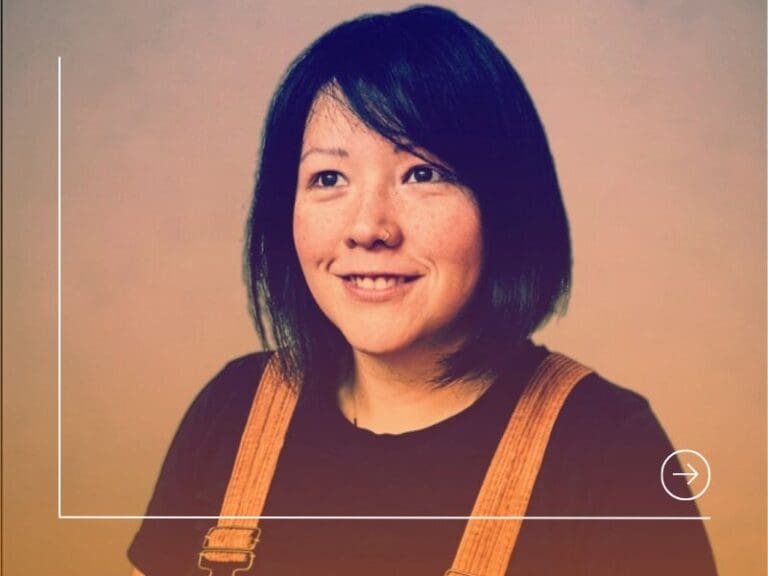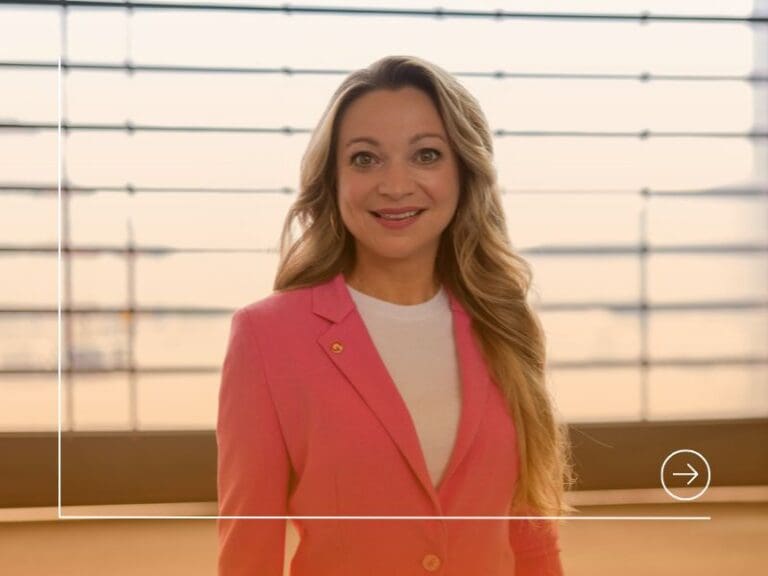Iccha Sethi is Vice President of Engineering at Vanta, the leading Trust Management Platform, where she leads initiatives focused on enhancing security and compliance automation.
Previously, she was an engineering leader at GitHub where she oversaw a multi-product portfolio including Actions, Hosted Runners, Codespaces, Packages, Pages, and npm. Iccha has also held principal engineering roles across a range of companies, large and small, including InVision, Atlassian and Rackspace.
How did you land your current role? Was it planned?
I was really drawn to Vanta’s commitment to help companies automate compliance, manage risk and prove trust continuously. It’s a goal that our CEO Christina Cacioppo founded Vanta with – and it hasn’t wavered in the seven years since.
In my previous roles at Atlassian and GitHub, I experienced first-hand how painful and complex security processes can be. It felt great to transition into this role at Vanta, and to make a real problem that I faced daily more manageable and cost-effective for others.
What are the key roles in your field of work, and why did you choose your current expertise?
At Vanta, I lead initiatives focused on enhancing security and compliance automation. This industry – and especially how it demonstrates trust – is ripe for automation. It’s my and my team’s responsibility to weave AI and automation into Vanta’s product and turn very time-intensive compliance tasks into streamlined and automated ones.
I chose this field because it’s all about making complex tasks simple for the user. Before Vanta, I ran engineering for a suite of products at GitHub – actions, code spaces, pages, and node package manager (npm). But my role at Vanta has expanded to running all of engineering which is more responsibility for sure, and allows me to double down on creating a user experience that fits with Vanta’s mission.
What are you most proud of in your career, so far?
At Vanta, I’m proud to be part of a team where we’ve helped businesses tackle the most significant challenges regarding AI and security. Last year, we created a solution which enables our customers to be compliant with the EU AI Act. This means businesses are able to continue to innovate with AI while meeting the latest regulatory requirements – an example of how rewarding it can be to solve real-world challenges for our customers.
Another area I’m very proud of is bringing AI to the forefront of trust management. Now, security teams can hand off their most tedious tasks to AI and complete activities such as security questionnaires and vendor reviews in record time. This is how we’ve been able to help teams significantly reduce time spent on manual compliance tasks and free them up for more impactful work.
What does an average work day look like for you?
My day is dominated by the bigger picture – what are our customers’ challenges and needs and how can we continue to innovate within the broader trust management landscape. This keeps me and my team grounded and ensures that everything we do aligns with Vanta’s mission.
This approach requires me to split my time between key stakeholders – checking in with the product, design and sales teams, and, of course, our customers to tap into what they need from us as an engineering team.
My focus then shifts to delivery. Together with engineers and engineering leaders, we review large architecture decisions, innovation using AI, and operational excellence. Customer trust is a moving target so each day, we recalibrate to ensure we’re hitting it.
Not only am I focused on the future of our customers, but that of my team too. Curiosity has a big role to play in engineering and it’s important that I reward this by investing time in growing people within our organisation. While, for my own part, making time to “hack” on small side projects is an important way to stay up to date with rapidly evolving AI trends, get creative and learn new skills.
Are there any specific skills or traits that you notice companies look for when you’re searching for roles in your field?
There are definitely traits that make a person more suited to the engineering field – the majority of which revolve around being curious and solution-oriented. Engineering is iterative, so engineers must remain adaptable and accept that their work is never done in finding these solutions.
From a customer perspective, you need to care about the problems they are facing and stay in touch with the challenges they face on a daily basis. Approaching this with empathy and understanding is hugely important, as it will shape the solutions you create.
Whereas internally and from the business side, you need to be committed to your business strategy and mission—in both short—and long-term planning.
Have you ever faced insecurities and anxieties during your career, and how did you overcome them?
Everyone faces challenges within their career and I’m no different. My experience has taught me that it’s important to focus on who you surround yourself with. I have a set of mentors who I can go to for advice, and this has been key to overcoming any insecurities I’ve had. Those mentors who I turn to, I’ve met at different phases of my career so they can offer different perspectives and they’ve always been there for me.
Entering the world of work can be daunting. Do you have any words of advice for anyone feeling overwhelmed?
For anyone entering the world of work, it’s important to remember that you never stop learning. You will benefit from staying curious and having a growth mindset. A part of this is not hesitating to ask for help when you need it – it’s so important to learn from others and it’s surprising how many people are willing to help.
So ask questions and speak up. It’s easy to be nervous about having your voice heard, but the worst-case scenario is that you’re wrong and you end up learning something. The best case is that people get to hear your ideas and solutions, and you demonstrate that you’re thinking deeply about a problem.
What advice would you give other women wanting to reach their career goals in technology?
One piece of advice to those who want to start a family and be a leader within technology is that being a successful leader and a parent are not mutually exclusive. I genuinely believe that if you plan with the help of your leaders and peers, anyone can take on the journey of parenthood without ending a phase in your career.
Build a strong team around you. Before heading out on parental leave, set yourself up for success by ensuring everything is handed over and delegated. Start the delegation transition a few weeks before so any questions are ironed out before you’re out of the office. Once you’re on leave, focus on being a parent and getting used to all the change. When you decide to go back to work, pace yourself! Being a parent has made me more efficient and focused at work.








